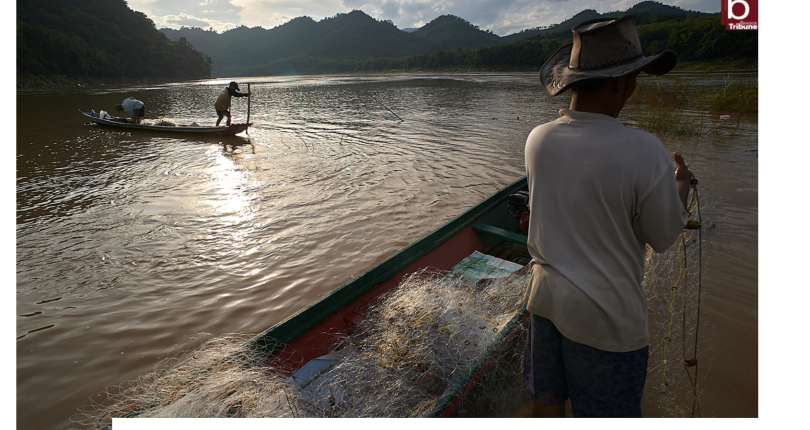Strengthening pathways for rights-based livelihood adaptation in Mekong hydropower
On the occasion of World Water Day on March 22, Diana Suhardiman writes about a “rights-based approach” to Mekong hydropower development that tries to ensure local communities just outcomes, as hydropower development continues to be promoted among the Mekong countries especially in Lao PDR.
Diana Suhardiman is a researcher with the project titled “Strengthening pathways for rights-based approaches in Mekong hydropower” funded by the Sustainable Mekong Research Network (SUMERNET).
This article appeared in the Bangkok Tribune as part of World Water Day. Please read an excerpt here and follow the link below to read the rest of the article:
==
Mekong hydropower is developing rapidly, albeit not without controversies. Presented as a key means to promote economic growth and reduce poverty, hydropower development is occurring at a fast pace throughout the different countries of mainland Southeast Asia.
At present, there are 78 dams already commissioned in the Mekong River Basin, with 33 dams under construction, 89 proposed or planned dams, in addition to those that are already under operation (WLE, 2018). Most of these dams are in Laos, with twelve planned to be built on the Mekong mainstream.
Laos embarked on its first hydropower dam project on the mainstem of the Mekong river with the commissioning of the Xayabury dam in April 2011. Next to the Xayaburi and Don Sahong dams which are already operational, Laos has proposed a series of four more hydropower dam projects to be built next on the Mekong’s mainstream: Pak Beng, Pak Lay, Luang Prabang, and Sanakham.
The construction of these mainstream dams will significantly impact national and regional fish migration, change the river’s flow regime entirely, affect the river’s biodiversity, and force local communities living along the river to transition and adapt their livelihoods. With power generation of 912 MW, the Pak Beng dam construction alone will affect 26 villages across the three provinces of Oudomxay, Bokeo, and Xayabury, incorporating 923 households and 4,726 people.
Balancing the need for local communities’ livelihood adaptation to ensure successful livelihood transition in the aftermath of hydropower dam project construction, with national socio-economic development strategies and forces behind regional economic integration is crucial for more inclusive and accountable development.
Link to the article:
https://bkktribune.com/strengthening-pathways-for-rights-based-livelihood-adaptation-in-mekong-hydropower-development/
 By
By 
 Read more about SUMERNET
Read more about SUMERNET
